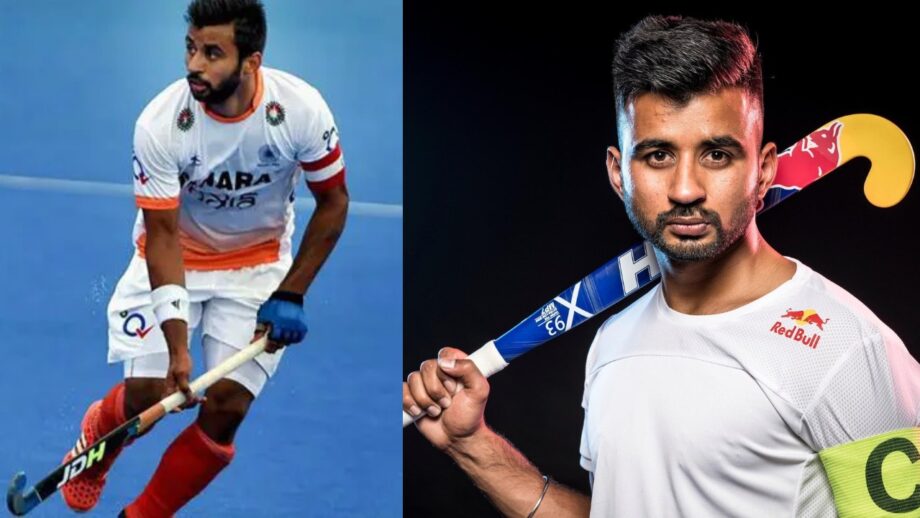Manpreet Singh Pawar is an Indian field hockey player who has been the team’s captain since May 2017. He guided India’s field hockey team to a bronze medal at the 2020 Summer Olympics in Tokyo. He is the team’s halfback. In 2011, he made his debut for India at the age of 19.
Let’s see the times when he played unbeatable for India.
India beats Netherland
In a dramatic game at the Robo Super Series on Sunday, Manpreet Singh scored twice as the Indian men’s hockey team overcame a goal deficit to defeat the No. 4 team in the world, the Netherlands, 4-3. Varun Kumar (17th) and Harjeet Singh (49th) also made noise on the scoreboard for sixth-ranked India. Manpreet (30th minute, 44th) was the star. With a 7-1 victory over the United States, World No. 4 Netherlands enjoyed a strong start to the series.
India overcame their first concerns with a great performance, controlling the midfield in large part under the leadership of Manpreet, who displayed exceptional technique and stick work. India found a PC opportunity in the 17th minute as a result of the aggressive strategy. Varun Kumar, a Junior World Cup champion, then defeated the Dutch goalkeeper to tie the game. Even though the Netherlands immediately had a PC, India’s goalkeeper skillfully stopped the attempt.
The final round of the Tokyo Olympic
Manpreet added that Graham Reid, the nation’s new coach, has a solid grasp of Indian hockey and continues to support the country’s counter-attacking strategy.
Graham Reid has closely followed India’s performance over the years and has a thorough understanding of our game, so in that sense, he isn’t changing our style, Manpreet said. “He continues to reinforce that our attack and counter-attacks are our biggest strengths, but the focus of our training is to ensure we are defending and finishing well with a continued emphasis on speed and fitness.”
Despite several ailments, including attacker Lalit Upadhyay’s back strain and veteran midfielder Chinglensana Singh’s ankle fracture, Manpreet believes the core group has enough choices to handle the pressure of international hockey.


